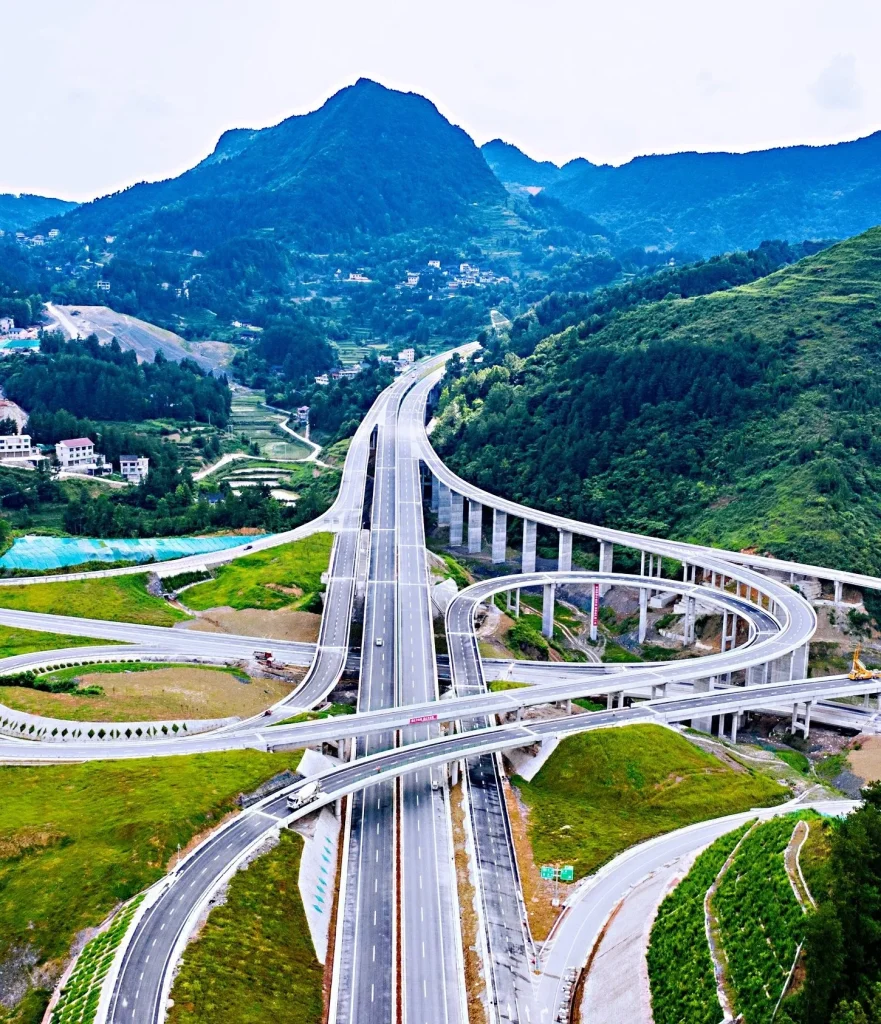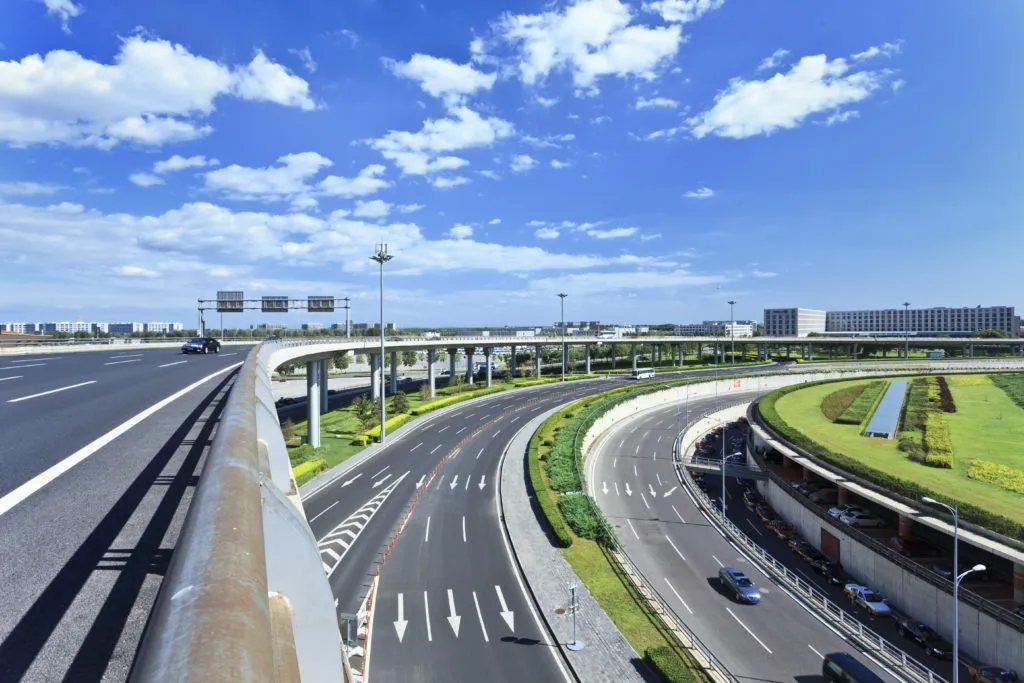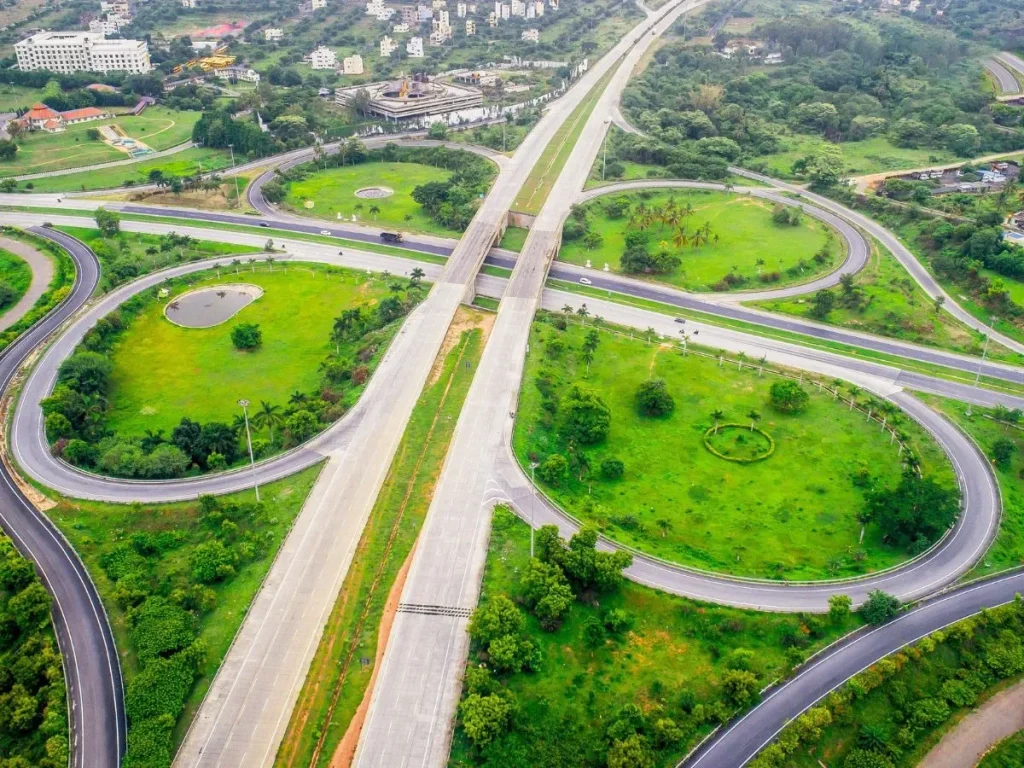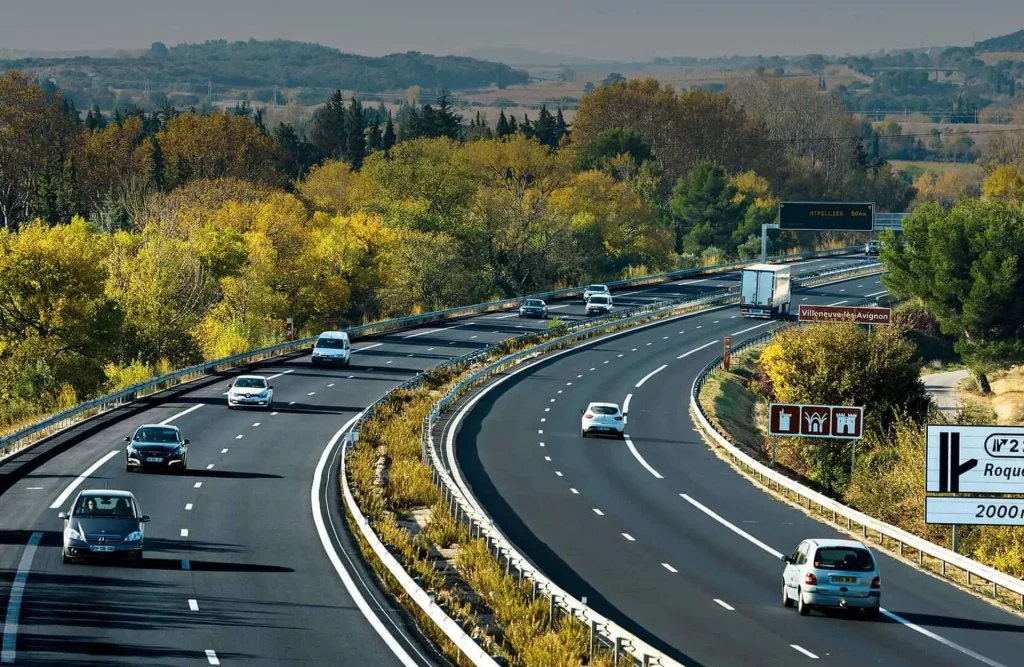The United States boasts the largest road network globally, covering 6.6 million kilometers, followed closely by India and China. Among the notable road systems are India’s Golden Quadrilateral, China’s National Trunk Highway System, and Russia’s Trans-Siberian Highway. Several other countries, including Brazil, Japan, France, Canada, Australia, and Germany, also maintain extensive road networks, playing critical roles in transportation and economic activities.

United States
The U.S. leads with approximately 4.1 million miles (6.6 million kilometers) of roads, featuring a comprehensive interstate system alongside state, county, and local roads. This extensive network ensures access to nearly every part of the nation.
India
India ranks second, with nearly 4 million miles (6.4 million kilometers) of roads, which cater to its billion-plus population. The country’s road network plays a vital role in connecting its diverse landscapes, supported by major initiatives like the Golden Quadrilateral, which enhances connectivity between rural and urban areas.

China
China follows closely in third place, with over 3.2 million miles (5.2 million kilometers) of roads. The expansive road network, driven by the country’s rapid economic growth, features the National Trunk Highway System, which links key cities and promotes urban development.
Brazil
Brazil’s road network spans approximately 1.2 million miles (2 million kilometers), enabling the transportation of goods and services across its varied geography. These roads are essential for connecting the Amazon rainforest with populated urban areas.

Russia
Despite being the world’s largest country by area, Russia has around 800,000 miles (1.3 million kilometers) of roads. The Trans-Siberian Highway, part of this network, is vital for connecting remote regions and supporting economic activities.
Japan
Japan’s road network extends 1,218,772 kilometers and is recognized for its efficient infrastructure. The well-maintained roads facilitate smooth transportation between cities, playing a crucial role in the country’s economic landscape.
France
With a road network of 1,090,059 kilometers, France links major cities and rural areas. This infrastructure supports economic growth and tourism, providing essential routes for goods and people.

Canada
Canada’s road system covers 1,042,300 kilometers, connecting vast landscapes from urban centers to remote regions. The Trans-Canada Highway, stretching coast to coast, is key to national connectivity and trade.
Australia
Australia’s road network spans 873,573 kilometers, linking major cities and remote areas. Highways such as the Stuart Highway are crucial for economic development and accessibility throughout the country.
Germany
Germany maintains a road network of 830,000 kilometers, which is vital for its highly industrialized economy. The Autobahn, known for its high speed limits, is a notable feature of this efficient transportation system.
